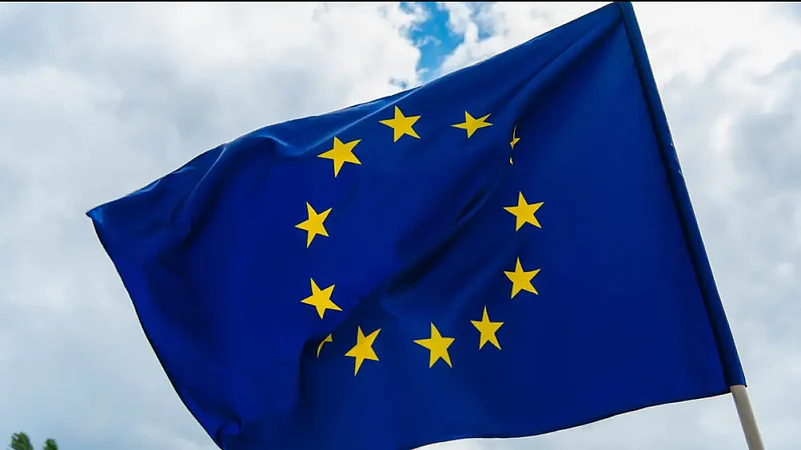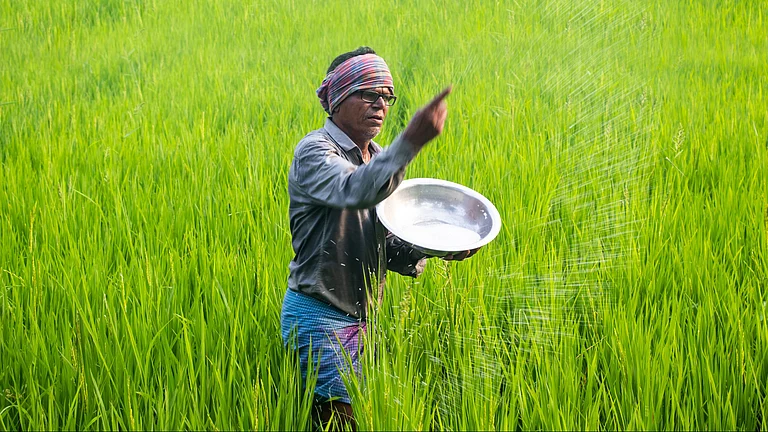In January last year, India and the EU resumed negotiations for a free trade agreement, investment protection and Geographical Indications (GI). "Apart from the sustainability and all other issues, we are also a bit, I would not say perturbed but we are feeling little challenged with the announcement of CBAM recently and it is going to cover 5-6 sectors which are key to Indian industry and supply chains," Joint Secretary in the Department of Commerce Nidhi Mani Tripathi said. The EU is introducing the Carbon Border Adjustment Mechanism (CBAM) from October 1 this year. CBAM will translate into a 20-35 per cent tax on select imports into the EU starting January 1, 2026.
Speaking at an event organised by industry body CII, she said there is also another regulation which is to come up -- Green Deal -- where the EU is talking about deforestation related measures on couple of sectors. Such measures that keep coming up, "also require us to recalibrate our FTA (Free Trade Agreement) approach," Tripathi said. She is India's chief negotiator for trade agreement with the EU and the UK. "A number of studies are conducted when you start a FTA negotiation... but all your assessment go haywire when you keep getting such new regulations with such new difficult measures," she said.
According to her, both sides need to negotiate the agreement with a pragmatic approach and "we should not let the moment go and this is the right moment for both the sides to tap this opportunity". India is going to provide a huge market to the EU businesses, she said. "I have been saying all along that the approach that the EU has followed in all its previous FTAs may not exactly be the same with India and India comes with an unique opportunity. "India comes to the table with sincerity and commitment to a trade deal which is fair and reciprocal in its nature," she said. Speaking at a session on India-EU trade agreement, Renita Bhaskar, Minister Counsellor, Delegation of the European Union (EU), EU Commission, said that negotiations for a trade agreement are a challenging endeavour and this is not going to be an exception.
"But we are clearly interested in seizing the moment," she said, adding the package of agreements with India will help in boosting investments here. "We must be honest with friends and acknowledge that our bilateral ties suffer from a number of trade and investment barriers, which have impeded our potential and therefore in this background, this package of agreements can play a crucial role to address these barriers," Bhaskar said. She added that with India, EU has agreed for a comprehensive approach to the FTA negotiation and that would include market access for goods, services, government procurement, digital trade, intellectual property as well as provisions on trade and sustainable development.
On the alleged perception in India that EU is asking for more than what India has committed in the World Trade Organisation (WTO), she said: "It is important that we do not look with fear when we talk about WTO plus elements. It has to go beyond WTO." She said that the agreements will help India increase its share in global trade and attract foreign investments to achieve the USD 5 trillion GDP target.
She also said that the EU is talking about internationally agreed global standards and this is important to integrate with global value chains.































